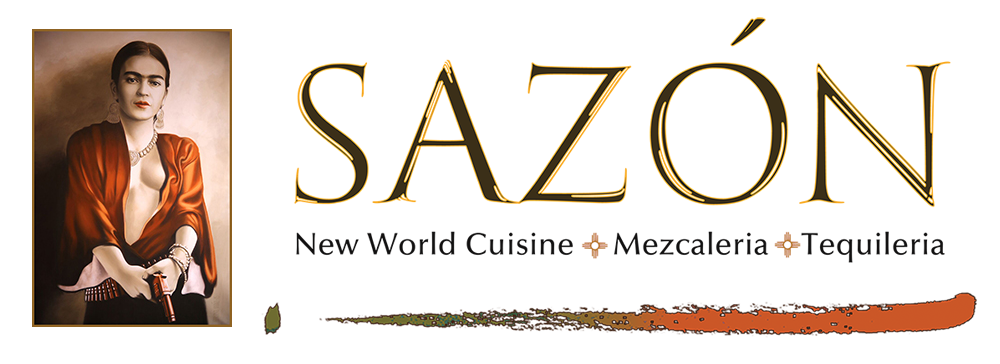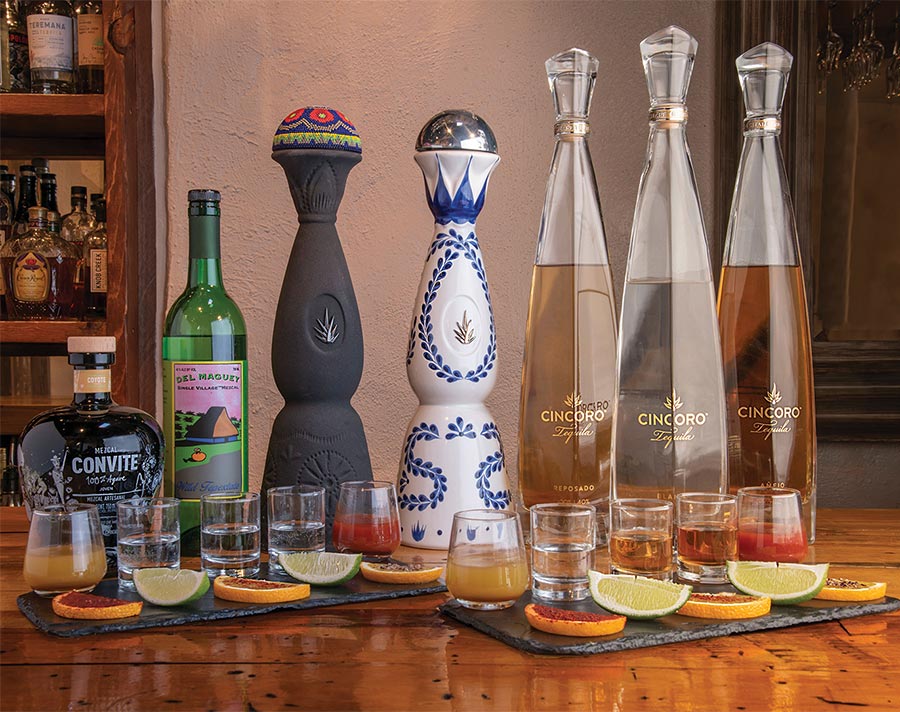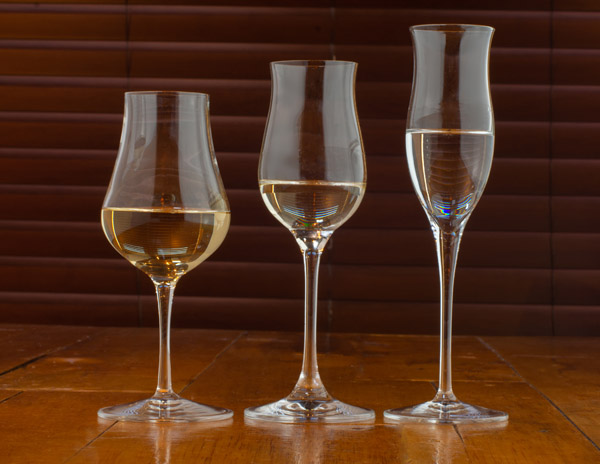Description
Few spirits evoke the passion associated with tequila. This agave spirit has stood the test of time and it is now as respected among top bartenders as single malt Scotch or a fine Cognac.
The Aztecs prized a fermented drink known as pulque, which used the sap of the agave plant The milky liquid was so important to Aztec culture that they worshipped two gods known for their relationship to booze. The first was Mayahuel, the goddess of the maguey, and the second was her husband Patecatl, the god of pulque.
While multiple theories exist on the beginning of agave distillation, the most probable involves the Spanish invasion and primitive mud stills. The parched Spaniards couldn’t be without their brandy for too long, so when supplies began to run low, they improvised with mud and agave, essentially creating what we know today as mezcal. In the mid-1500s, the Spanish government opened a trade route between Manila and Mexico, and in the early 1600s, the Marquis of Altamira built the first large-scale distillery in what is now Tequila, Jalisco.
Today tequila and mezcal distillers (all tequilas are technically mezcals, but not all mezcals are tequilas) have a stringent set of rules they must abide by. Those include ensuring that each bottle is made in the proper location, from the correct ingredients, and that reposado and añejo versions are aged for just the right amount of time.
Interest in mezcals is growing at a rapid pace. Join us for an adventure into the spirits of Mexico where you will learn the differences between Sotol, Bacanora, Tequila and Mezcal. The offering includes a flight of five tequila and mezcals, two flavors of our home-made sangritas, as well as a tasting of our famous home-made moles.



